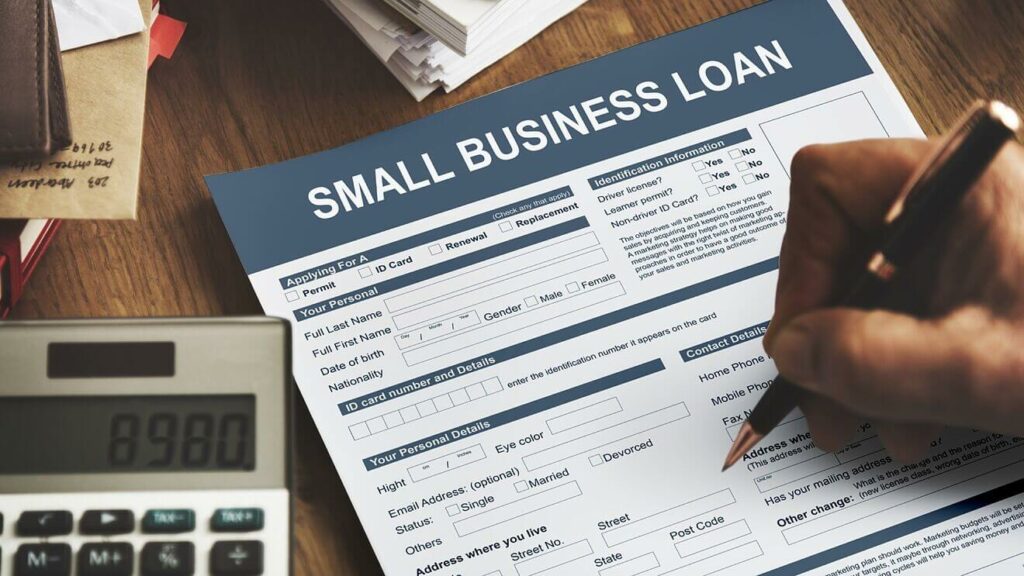Top Investment Mistakes Small Business Owners Should Avoid


As a small business owner, navigating the world of investments can be daunting. Understanding the pitfalls and mistakes to avoid is essential for long-term success. In this article, we will discuss the top investment mistakes small business owners should avoid, and offer tips on how to make more informed decisions that can help your business thrive.
Neglecting a Comprehensive Business Plan
One of the most common mistakes small business owners make is not having a detailed and comprehensive business plan. A solid business plan serves as a roadmap for your venture, outlining your goals, strategies, and financial projections. Failing to create one can lead to misguided investments and an unclear path to success.
To avoid this mistake, ensure that you develop a well-researched business plan, complete with market analysis, competitive research, and realistic financial projections. Regularly review and update your plan as your business evolves to keep it aligned with your current objectives
Failing to Diversify Investments
Many small business owners make the mistake of putting all their eggs in one basket, relying solely on their business to generate income. This can be risky, as unexpected downturns or industry changes can leave you financially vulnerable.
To avoid this pitfall, consider diversifying your investments across a range of assets, such as stocks, bonds, and real estate. This can help reduce your overall risk and create a more stable financial future for both you and your business.
Insufficient Emergency Funds
Another common mistake is not having enough funds set aside for emergencies. Unforeseen expenses, such as equipment breakdowns or economic downturns, can have a significant impact on your business’s financial stability.
To protect yourself and your business, establish an emergency fund with enough money to cover at least six months’ worth of operating expenses. This can provide a financial cushion in times of need and allow you to continue running your business without making hasty investment decisions.
Overlooking the Importance of Cash Flow Management
Cash flow is the lifeblood of any small business, and poor cash flow management can lead to disastrous investment decisions. Inadequate cash reserves can force you to make short-term, high-interest loans or sell valuable assets at a loss.
To avoid cash flow issues, regularly monitor your business’s cash inflows and outflows, and develop strategies to maintain a healthy balance. This can include negotiating better payment terms with suppliers, speeding up customer payments, or cutting unnecessary expenses.
Relying on Uninformed Investment Decisions
Investing in unfamiliar industries or markets is another common mistake small business owners make. Without proper research and understanding, you may end up making poor investment choices that could negatively impact your business.
Before making any investment decision, thoroughly research the industry, market trends, and potential risks involved. Consult with financial advisors or other professionals to ensure that you are making well-informed decisions that align with your business goals.
Ignoring Tax Implications
Failing to consider the tax implications of your investment decisions can be a costly mistake. Different investments have varying tax consequences, and understanding them is crucial to maximizing your returns.
Consult with a tax professional to understand the tax implications of your investments and develop strategies to minimize your tax burden while maximizing your returns.
Conclusion: Building a Sustainable and Profitable Small Business
Investing as a small business owner can be both rewarding and challenging. By avoiding these common investment mistakes, you can make more informed decisions that contribute to the long-term success and growth of your business. Remember to develop a comprehensive business plan, diversify your investments, maintain an emergency fund, manage cash flow effectively, make well-informed investment decisions, and consider tax implications. With careful planning and strategic investment choices, you can build a sustainable and profitable small business that thrives in today’s competitive market.






Responses